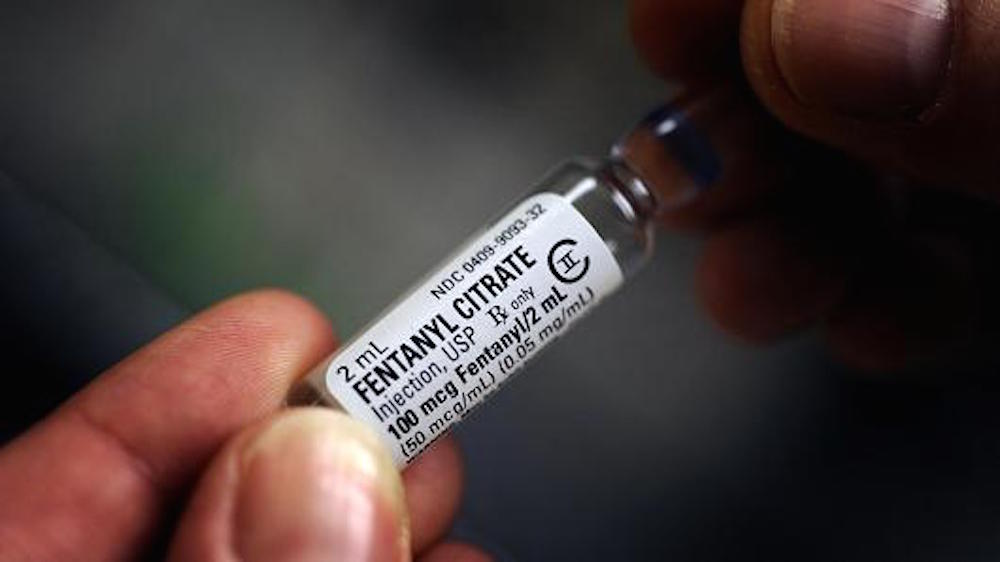
An op-ed on Forbes highlights an unpleasant irony in regard to the wave of fentanyl overdoses that have exacerbated America’s opioid epidemic: while deaths from fentanyl purchased on the street have risen dramatically over the past year, the Food and Drug Administration (FDA) has reported a nationwide shortage of fentanyl citrate.
The injectable drug, which is also marketed under the brand name Actiq, is used to treat “breakthrough” cancer pain, which is pain that does not respond to other medication—though as Forbes notes, it is also used in outpatient surgery and endoscopy procedures. Backorders for the opioid may not be filled until 2018—while illicit fentanyl was responsible for approximately 20,000 of the 60,000 opioid overdose deaths in 2016.
The FDA report notes that three major pharmaceutical fentanyl providers—Akron, West-Ward and Pfizer—are experiencing major shortages of several forms of injectable citrate.
The Forbes piece cites a report from the American Society of Health-Systems Pharmacists, which lists issues of increased demand and manufacturing delays as key reasons for the shortage.
By comparison, the Forbes piece quotes Dr. David Juurlink, head of clinical pharmacology at Sunnybrook Health Sciences Center in Toronto, who says that “for four or five thousand dollars, you can contact some guy in China on the dark web who will send you a kilo of fentanyl, guaranteed delivery. If it goes missing, they’ll just send another one.”
According to a report in the CDC’s Morbidity and Mortality Weekly Report from this month, more than 56% of the 5,152 people who died from opioid overdose in 10 states between July and December 2016 had fentanyl in their system—and in nearly all of the cases, that drug was the primary cause of death.
China has been named as the primary source for fentanyl in the United States and Canada. However, the country’s deputy secretary-general of its National Narcotics Control Commission said in a press conference on November 3 that he did not believe “sufficient evidence” existed to prove that the majority of fentanyl in the West was produced in China.
The author of the Forbes piece, David Kroll, PhD, a former academic pharmacologist, caps the story by noting that his concern over the citrate shortage is due in part to an upcoming colonoscopy procedure—a follow-up after having a benign polyp removed three years ago. “I hope that my doctor doesn’t require their patients to bring their own fentanyl,” Kroll writes.
